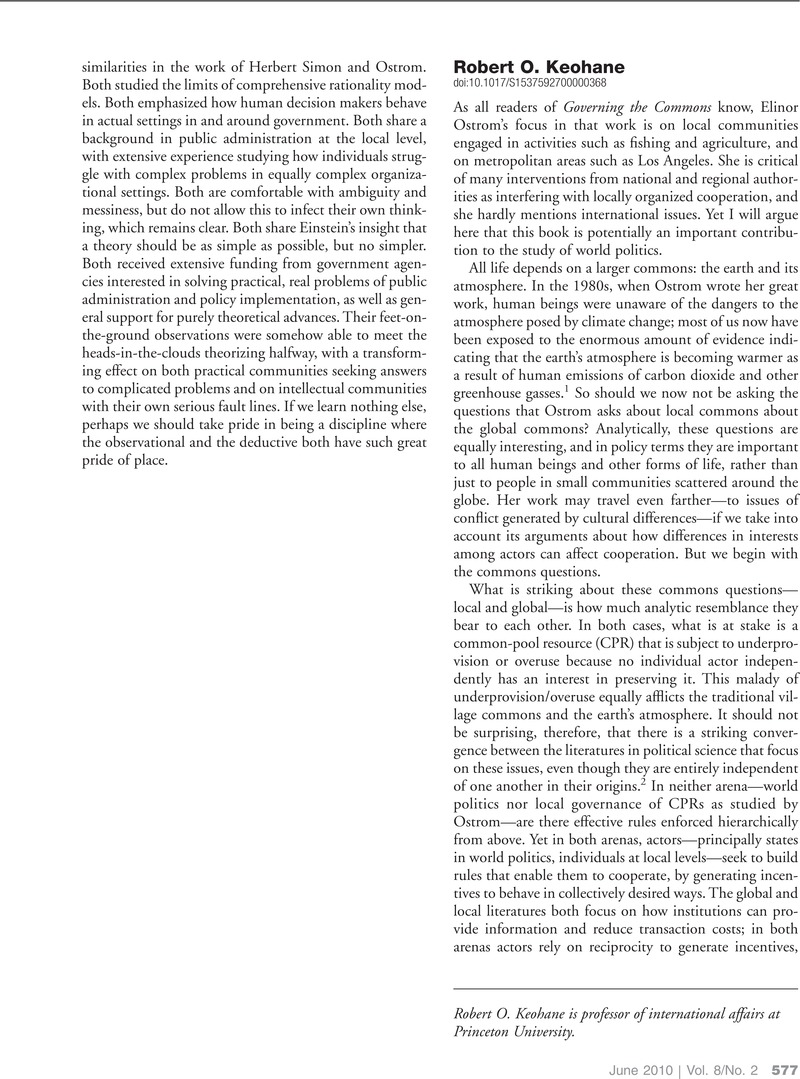Crossref Citations
This article has been cited by the following publications. This list is generated based on data provided by Crossref.
Hale, Christopher W.
2018.
Religious Institutions and Collective Action: The Catholic Church and Political Activism in Indigenous Chiapas and Yucatán.
Politics and Religion,
Vol. 11,
Issue. 1,
p.
27.
Samaan, Mina Michel
2019.
The Nile Development Game.
p.
1.
Samaan, Mina Michel
2019.
The Nile Development Game.
p.
231.
Rickard, Stephanie J
2022.
Interests, Institutions, and the Environment: An Examination of Fisheries Subsidies.
International Studies Quarterly,
Vol. 66,
Issue. 2,



